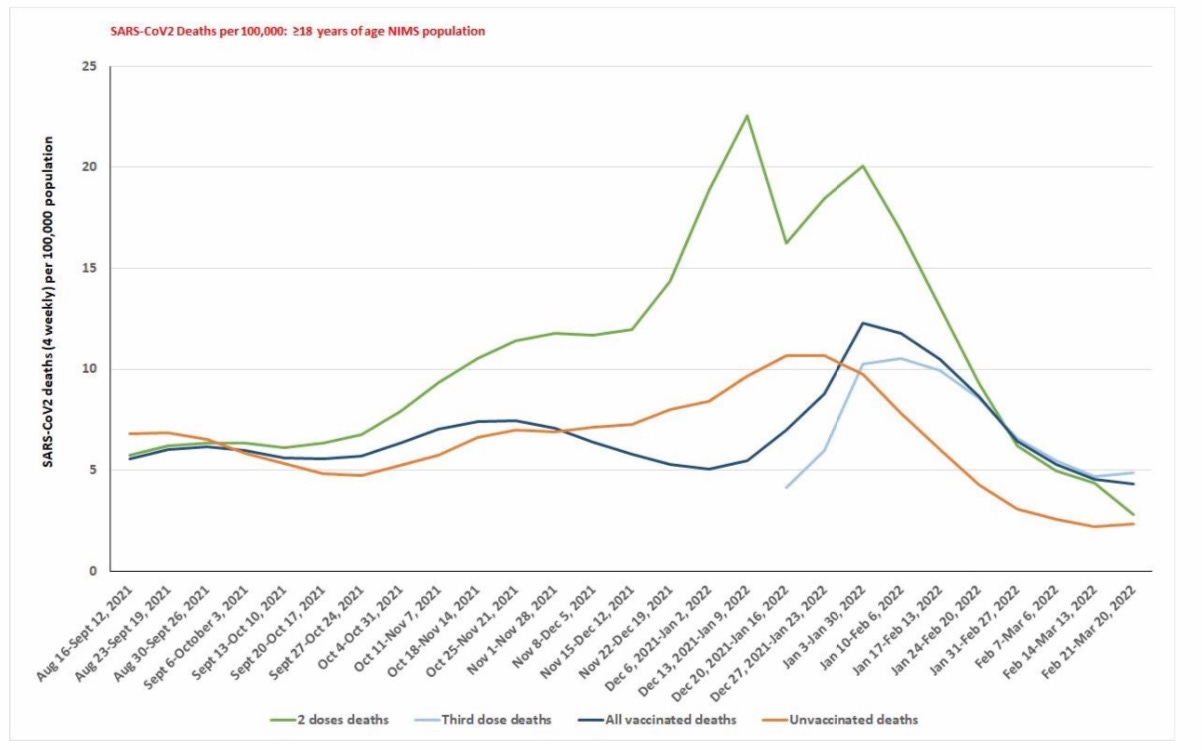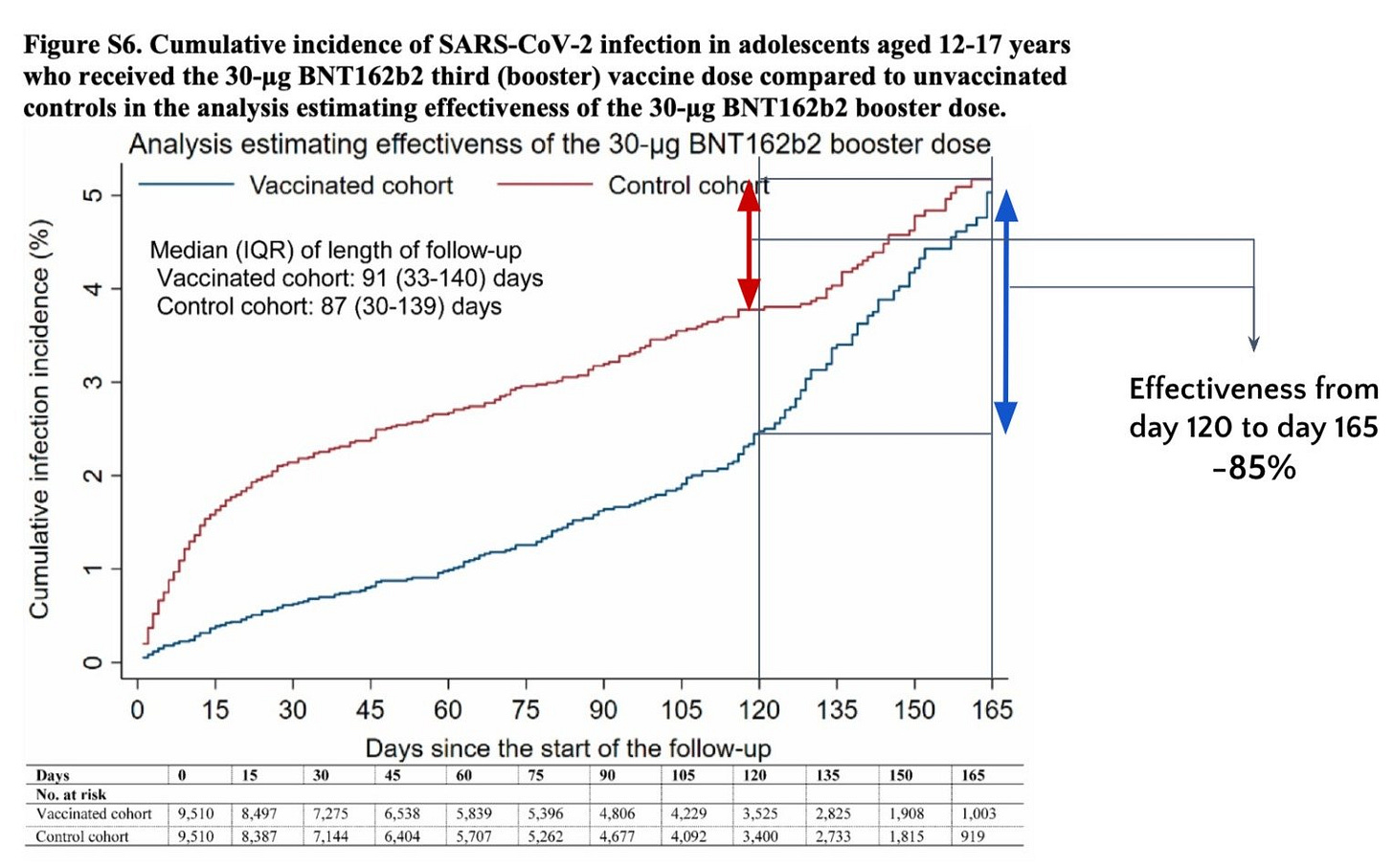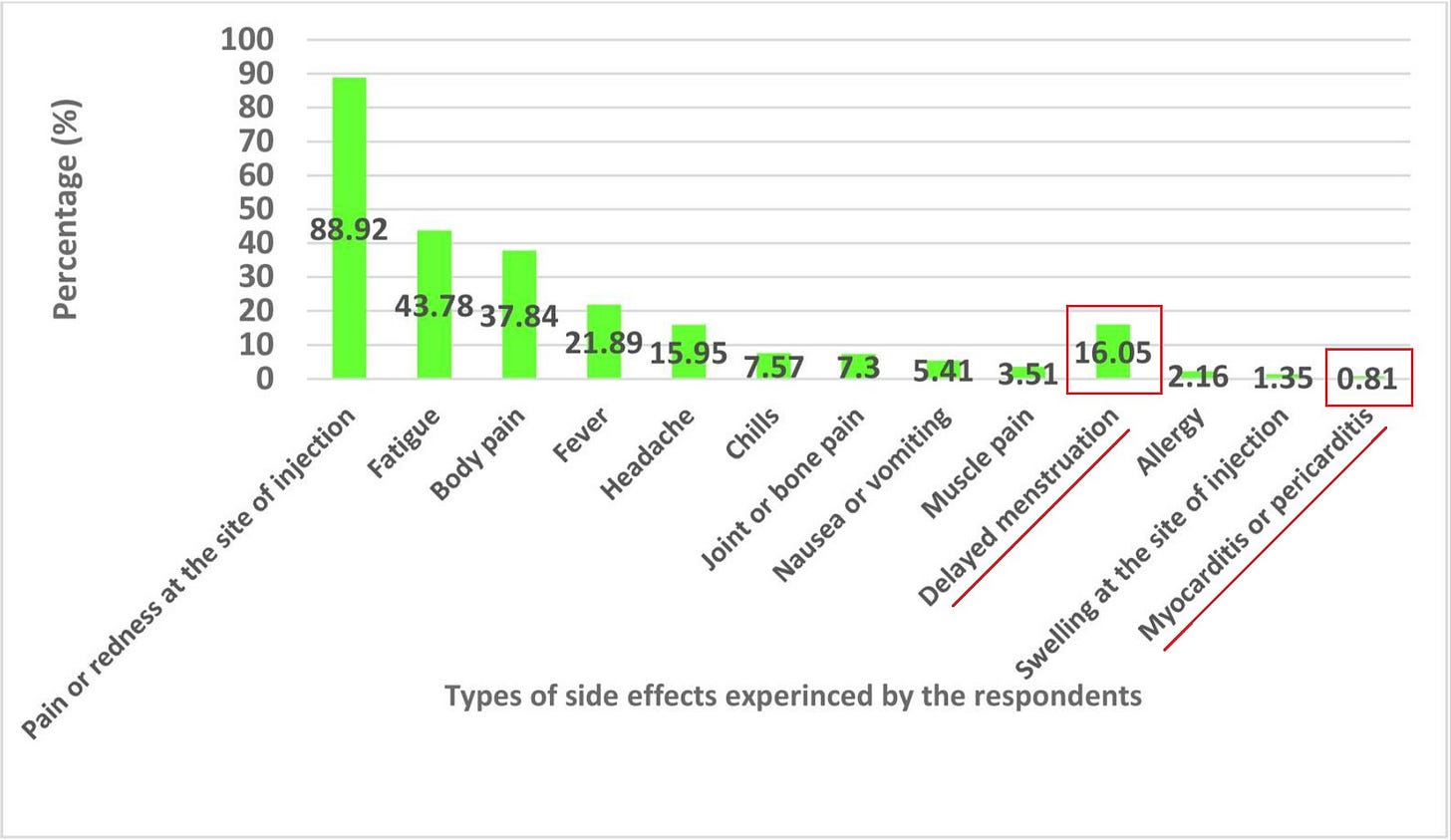Japanese mRNA consumers got some good news this week: they may soon be able to inject some domestically produced gene juice!
I’m sure you all want to know just how effective it is.
In a statement released on Tuesday, the firm said it conducted the trial on about 5,000 people aged 18 or older.
It said that people who received a shot of the booster candidate after two doses of either the Pfizer or Moderna vaccines showed higher levels of neutralizing antibodies than those who received a Pfizer or Moderna booster.
Antibody levels were examined four weeks after the last vaccination.
Yep, antibody levels after 4 weeks. Japan revised the law earlier this year to allow new jabs and drugs to be given emergency approval on the basis of “presumed effectiveness” (e.g., antibody titters). There’s no better way to speed up the regulatory process than to not bother regulating! Daiichi Sankyo will presumably base their application on this antibody data. I know the updated Pfizer/BioNTech and Moderna jabs were approved on the basis of antibody data in mice, but at least the companies pretended to run proper clinical trials for the original concoctions.
Daiichi Sankyo’s press release (there’s no actual data available) clarifies the new jab is, like the original Pfizer/BioNTech and Moderna jabs, designed to generate antibodies to the receptor-binding domain of the now non-existent Wuhan spike protein. But they plan to develop their own bivalent Wuhan/Omicron jab too. Oh goody!
So what regulatory hurdles will Daiichi Sankyo have to overcome?
Japanese authorities require that when developing an mRNA-based COVID-19 vaccine, the vaccine candidate must demonstrate the same levels of efficacy as those already approved.
To see low high/low this bar is, let’s take a look at how well the currently approved boosters have been doing, shall we?
The below graph from deep inside the supplementary material (where else?) of a recent paper in NEJM from Qatar shows vaccine effectiveness (VE) of the Pfizer/BioNtech booster in 12-17 year olds. The authors forgot to calculate VE after 120 days, so J Sato did it for them. I guess to protect yourself and others, you’ll just have to take 3 shots a year.
But the boosters prevent death and severe disease, right? Yeah, about that. In a new paper in the Journal of Vaccines and Vaccinations, the authors look at data from the UK. You’ll never guess what they found.
“We observed negative vaccine effectiveness for the third dose since December 20, 2021, with a significantly increased proportion of SARS-CoV2 cases hospitalizations, and deaths among the vaccinated; and a decreased proportion of cases, hospitalizations, and deaths among the unvaccinated.”

Looks like they didn’t have enough antibodies.
So that’s effectiveness. So what about safety? According to Daiichi Sankyo, “no safety concerns were identified” in their trial. I guess we take can that to mean their jab is no less safe than the current ones.
To quickly remind ourselves of how safe the current ones are, the below results from a 370-person suvey from Saudi Arabia will do (hat-tip Ashmedai). All participants took Pfizer/BioNTech.
2.43% of the participants reported side-effects needed to see a physician; only four [1.08%] were admitted to the hospital.
You gotta love the use of “only” there. The authors’ conclusion is even better.
The findings will likely persuade vaccine-hesitant individuals and pessimists to accept booster dose of COVID-19 vaccine.
Indeed. If you selfish granny-killing anti-vaxers aren’t persuaded by this data, there’s no hope for you.
But the above studies are for the old monovalent jabs. How about the new bivalent juice? Well, there’s still no good human data on VE. But according to a 76-person preprint study, the updated Pfizer/BioNTech jabs certainly have an effect.
The rate of adverse reactions for the second booster dose was significantly higher among participants receiving the bivalent 84.6% (95% CI 70.3%-92.8%; 33/39) compared to the monovalent 51.4% (95% CI 35.9-66.6%; 19/37) vaccine (p=0.0028). Also, there was a trend towards an increased rate of inability to work and intake of PRN medication following bivalent vaccination
So if any triple-jabbers are reading this and want an excuse to take time off work, now you know what to do. But don’t worry. I’m sure if there were any worrying long-term effects from taking the updated mRNA shots, the authorities would definitely mention it.
But to have long-term effects, you’ve got to survive the short-term effects first.
So let’s wish Daiichi Sankyo luck in the approval process. After all, why should only foreign pharma companies get to ride the Japanese gravy train?










The level of immunogenicity (the degree of acute poisoning) is now taken for effectiveness. If the depop is the goal, this is definitely correct.
Antibodies, of themselves, mean squat. The ABs produced by the body post infection are DIFFERENT from the ones induced by the faccines! Some Japs knew this fact.